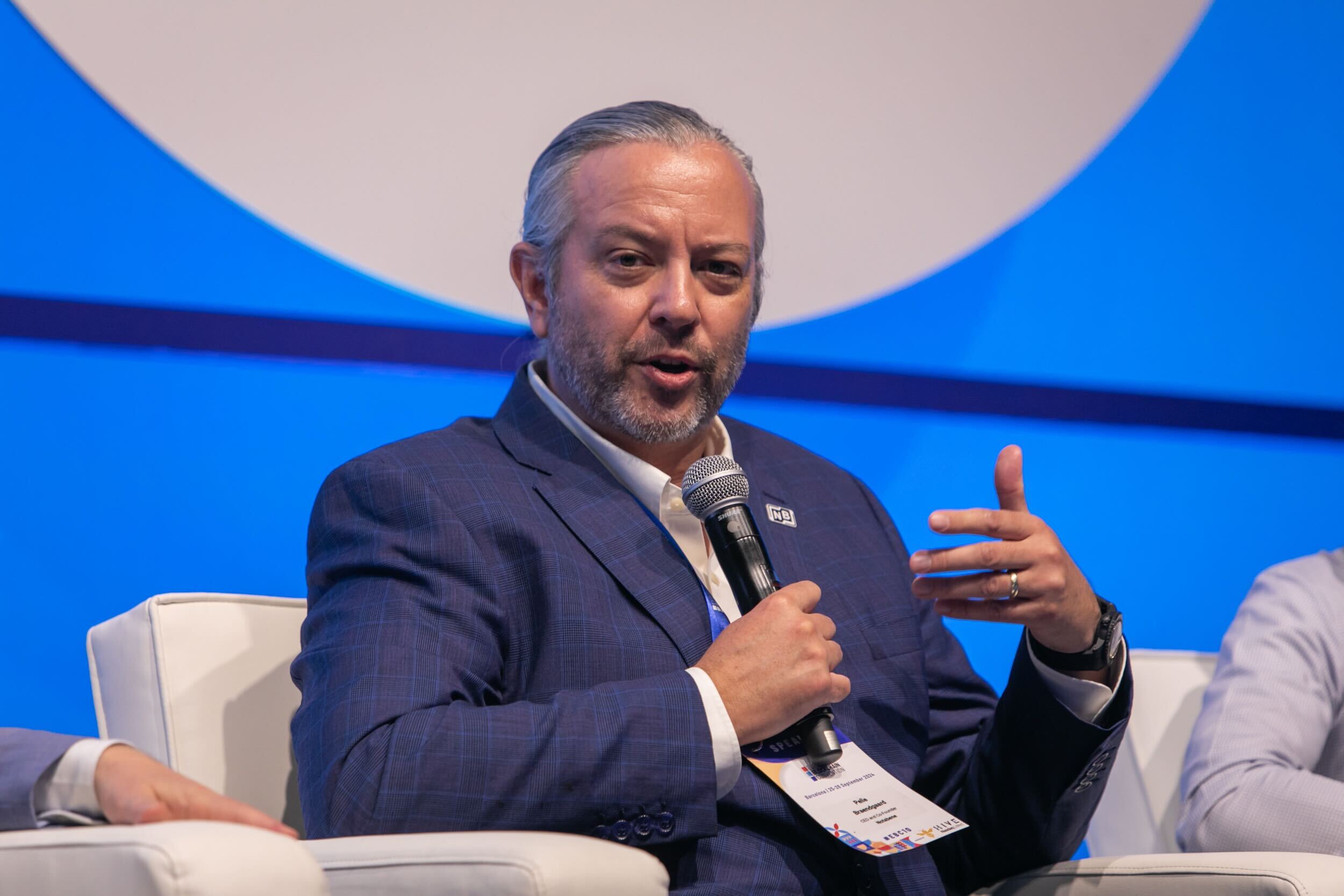
Key Insights:
- An unprecedented 100% of surveyed Virtual Asset Service Providers (VASPs) anticipate being compliant with the Travel Rule by the end of this year.
- The percentage of VASPs that postpone withdrawals until beneficiary details are confirmed has surged to 15.4%, up from just 2.9% last year.
- The rise of stablecoins as a payment method is significantly driving compliance efforts.
Almost all cryptocurrency companies are expected to adhere to anti-money laundering transparency regulations this year. These regulations, requiring the sharing of specific information about transaction originators and beneficiaries, are commonly referred to as the Travel Rule. This conclusion is drawn from a yearly survey conducted by Notabene, an AML specialist in the crypto sector.
Notabene’s survey involved 91 VASPs and 10 regulatory bodies for its 2025 Travel Rule Report. An impressive 90% of participants believe they will meet full compliance by the middle of the year, with a commitment from all to comply by year-end.
“This is the only time we’ve seen 100% of respondents say, ‘Yes, this is the year, and we’re committing to it,’” said Sacha Lowenthal, Notabene’s Head of Marketing, during an interview.
Significantly, Notabene’s research uncovered a dramatic increase in firms blocking withdrawals until the necessary beneficiary details are provided, rising from 2.9% in 2024 to 15.4% today. Additionally, now nearly 20% of VASPs refund deposits if the originator fails to furnish the required data.
The prioritization of the Travel Rule has escalated among crypto firms following a positive regulatory atmosphere in the U.S. and the implementation of digital asset regulations in Europe. This includes the EU Transfer of Funds Regulation (TFR), which has had a considerable influence on compliance actions.
Moreover, the growing presence of dollar- and euro-pegged stablecoins in payment transactions, a trend emphasized by the recently announced plans from stablecoin leader Circle, is propelling adherence to the Travel Rule.
However, aligning crypto payment systems with existing financial anti-money laundering frameworks has presented challenges. Notabene’s CEO Pelle Braendgaard noted that inconsistencies in compliance across regions and the existence of disparate networks are significant hurdles.
“You really need to create a Travel Rule layer that operates as an open loop system, especially to support stablecoin payment networks at scale,” he elaborated in an interview. “Almost necessarily, companies have constructed isolated ecosystems to manage cryptocurrency and stablecoin transactions. The open loop functionality is essential for effective operations, which is precisely what crypto aims to achieve.”


